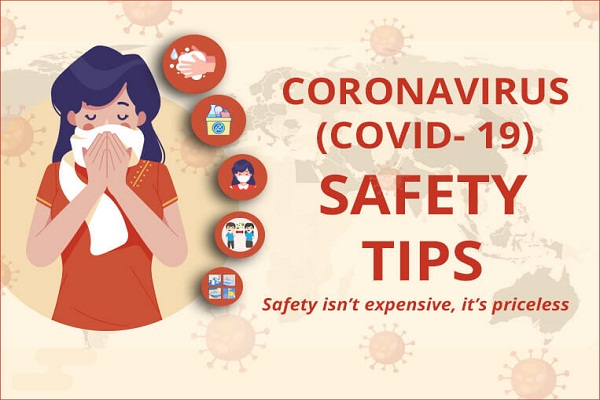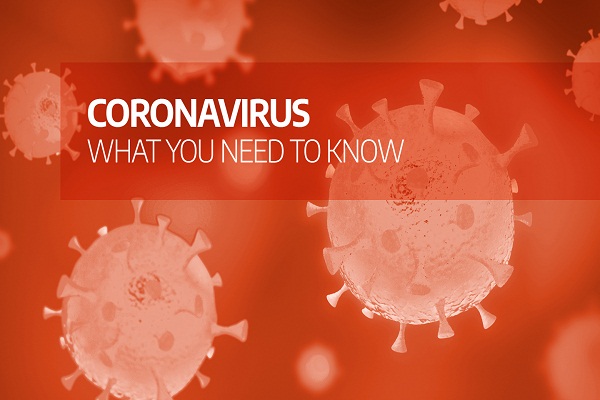
Chronic Fatigue Syndrome (CFS) is a complicated long-term illness that is characterised by prolonged and intense fatigue with a range of symptoms. Also known as Myalgic Encephalomyelitis (ME), ME/CFS or systemic exertion intolerance disease (SEID), this ailment usually has no clear underlying medical cause.
While it may worsen with any kind of mental or physical exertion, the symptoms do not necessarily abate with rest. Moreover, studies have found that women and children are more prone to being diagnosed with ME/CFS, and it generally affects a person anywhere between their mid 20s and mid 40s.

Symptoms
The most commonly known symptom of CFS is extreme tiredness that cannot be explained by any underlying medical condition. Additionally, it has eight official signs and symptoms that include – fatigue; sore throat or sore glands sans swelling;impairment of cognitive thinking, memory or concentration; extreme muscle or joint pain; headaches/migraines;sleep problems;flu-like symptoms; dizziness, sickness or nausea, and heart palpitations.
There are also some less commonly found symptoms, and these include – irritability, mood swings, anxiety or panic attacks; visual challenges like eye pain or blurriness; night sweats or chills, low body temperature; allergies and sensitivity to odours, food, medication and or sound; irritable bowel syndrome; numbness or burning sensations in the face, hands or feet.

However, all of these symptoms may vary depending on the person, and might be mild or extreme. Unfortunately, most of them are not evident, which may make it hard for your near and dear ones to identify the illness.
Causes
People suffering from CFS come across as perpetually hypersensitive to even a mild amount of exercise or any physical activity. Till date though, scientists have not managed to figure out the root cause of the illness, but their research has found the possibility of a trigger due to a combination of factors that affect people born with a predisposition for CFS. These triggers include:
Immunity issues – Those with Chronic Fatigue Syndrome tend to have weak immune systems, but clarity on whether this is a definite cause of the disorder is still required.
Also read: Chronic fatigue: structural abnormalities found in patient’s brain
Hormonal imbalance –Fluctuations in levels of blood produced in hypothalamus, pituitary glands or adrenal glands have been found to cause CFS.
Viral infections – Glandular fever, Epstein-Barr virus, human herpes virus 6 and mouse leukaemia viruses have been suspected to cause CFS. As most people develop the disorder after a viral infection, researchers question their role in causing the disease, although it has not been confirmed yet.
Risk Factors and Complications
There are a few factors that might significantly contribute to the rise in the risk of Chronic Fatigue Syndrome. These include:
Sex – as mentioned previously, women are more prone to being diagnosed with CFS than men, and are also more likely to visit the doctor for a diagnosis.
Age – although the disorder might affect an individual at any age, the risk of the same is higher between the age of 20-40 years.
Stress – The inability to cope with stressful situations can also increase the risk of developing this chronic illness
CFS can also lead to a number of complications for the affecting individual including isolation, depression, increased absence at work, and various lifestyle restrictions among others.
Diagnosis and Treatment
As there are no evident symptoms of CFS, the doctor must be consulted for a thorough diagnosis through physical exams and various blood and urine tests, as well as an analysis of your medical history. There are no specific lab tests to detect ME/CFS.
There is treatment available to ease the symptoms of CFS, however it depends on how the disorder is affecting you, because the symptoms vary from person to person. There are a number of other ways/therapies to combat the disorder. These include – home remedies and lifestyle changes (like sleeping well and reducing your caffeine intake); medication in the form of low-dose anti-depressant therapy; alternative medicines like yoga, tai chi, acupuncture, and massages; joining support groups for curbing anxiety and isolation issues; talking to your friends and family about your feelings, stress and problems; and most importantly, working with your doctor to chalk out a beneficial plan to treat the disorder.
(Disclaimer: The article has been contributed on behalf of Department of Ayurveda, Saifee Hospital.)
Be a part of Elets Collaborative Initiatives. Join Us for Upcoming Events and explore business opportunities. Like us on Facebook , connect with us on LinkedIn and follow us on Twitter , Instagram.












